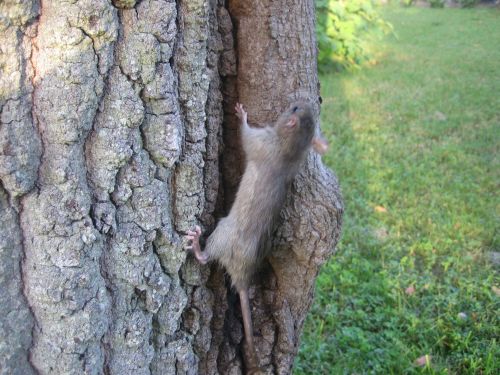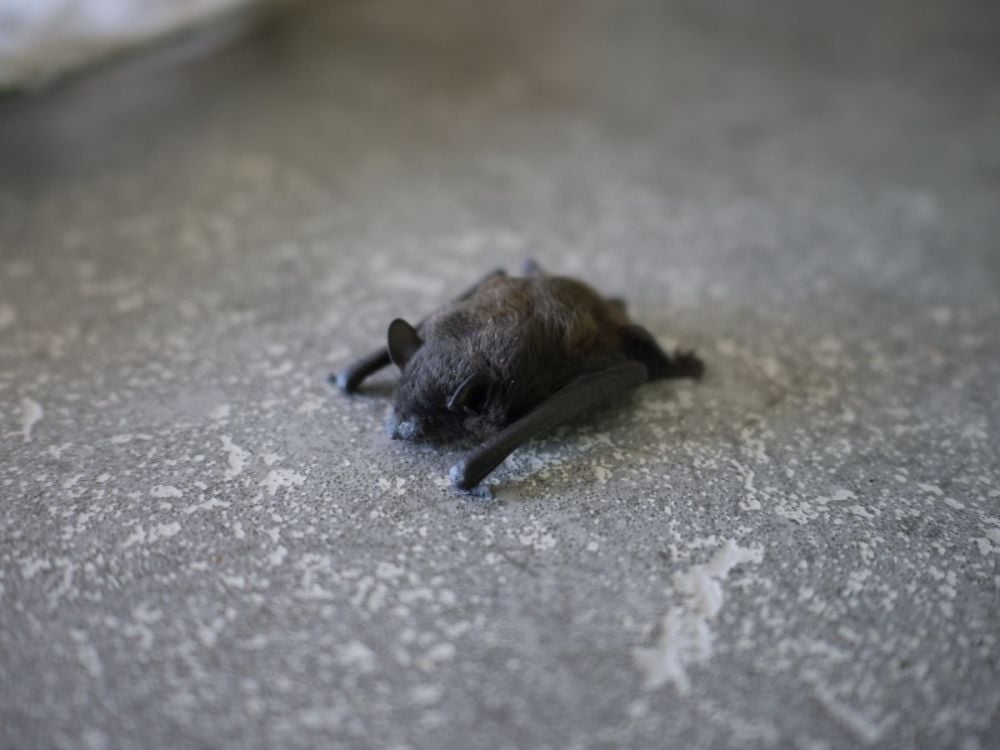We want clean air! Take action on toxic air!
Posted on
Take action on toxic air!
There are a couple of petitions you may want to sign – or at least look at – which are aiming to move the planet in the direction of having cleaner air and stopping toxic air.
Asthma UK: We want clean air!
Asthma UK is asking us all to take action on toxic air and tell our leaders that we want CLEAN air. It has a petition for new, life-saving clean air plans.
The charity says that over 6 million people who are older than 65 are at a greater risk of breathing problems and experiencing asthma attics or flare-ups of COPD because of living in areas that are heavily polluted.
You may remember a land-mark case last year; air pollution was cited for the first time anywhere on a death certificate. An inquest heard of the role toxic air had played in the death of nine year old London girl Ella Kissi-Debrah as her asthma got worse.
Asthma UK and the British Lung Foundation have produced a report called The invisible threat: how we can protect people from air pollution and create a fairer, healthier society. Their petition is asking us all to show support for new life-saving clean air plans
Stop this Toxic Treaty Now!
Avaaz also has a petition called Stop this Toxic Treaty now
Avaaz says that just as many countries are at last taking action to protect the planet, fossil fuel giants are suing governments for billions.
You see, the Energy Charter Treaty was designed to encourage energy companies to invest in developing economies. Unfortunately, it’s being weaponised, as Avaaz calls it, to sue countries which try to shut down toxic coal plants and oil rigs. Avaaz further say that companies have already won over $50 billion from taxpayer funds.
However, there is hope.
There’s a plan to stray this treaty. Italy has withdrawn. France and Spain and others are calling on the treaty to go.
Please add your voice to Avaaz’s petition and fuel a revolt. We need to act on climate change and get rid of toxic air.
We are all affected by toxic air, both animals and people, so let’s put pressure on those in charge to make decisions which help clean up the planet.


